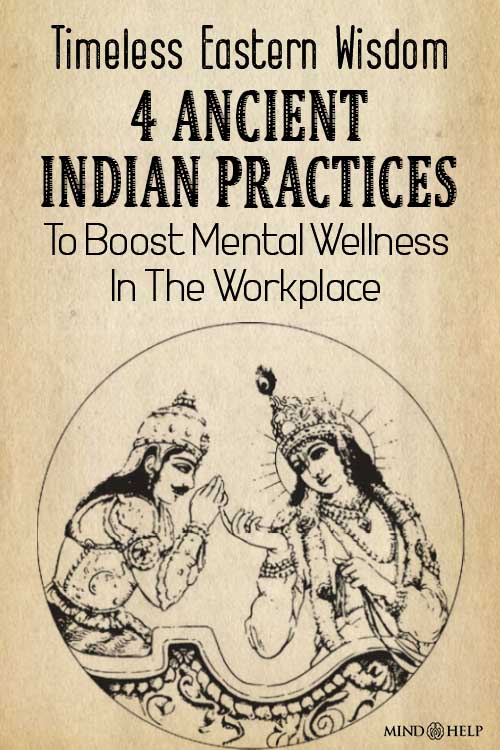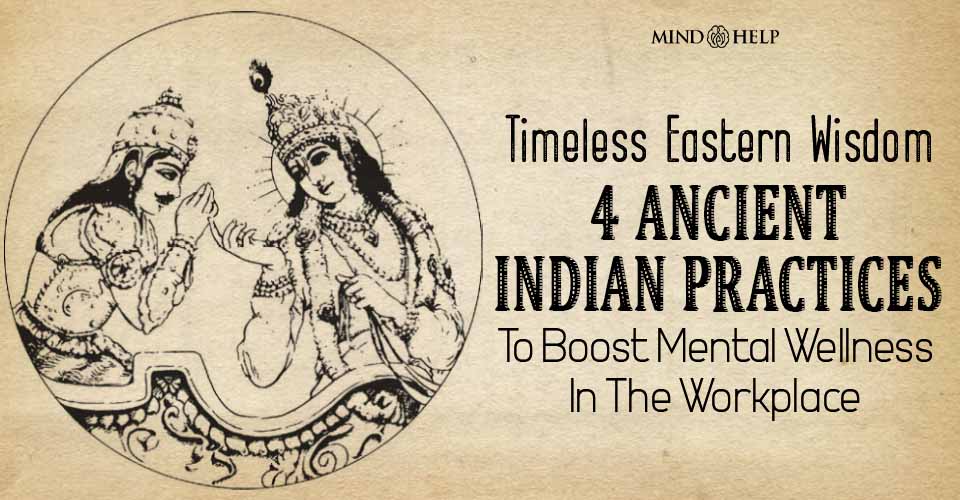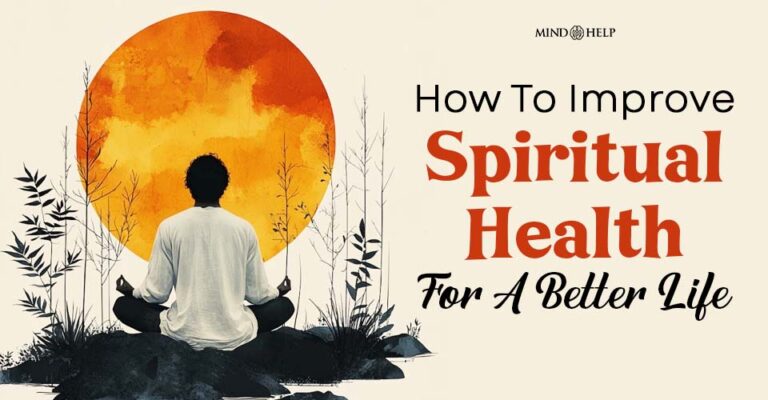In today’s high-pressure work environments, maintaining mental wellness can feel like a full-time job. While modern psychology offers valuable tools, some of the most enduring solutions come from practices thousands of years old—rooted in India’s ancient philosophical and healing traditions. Let’s look into these ancient Indian practices that are grabbing attention in both spiritual and scientific communities.
As we juggle demanding schedules, digital overload, and interpersonal stress at work, burnout is no longer the exception—it’s the norm. This makes it essential to look beyond surface-level fixes and explore deeper, more sustainable practices for emotional regulation and psychological resilience.
Though today’s mental health discourse has evolved significantly, conventional approaches often focus on treating symptoms rather than nurturing holistic well-being. This is why more professionals are turning toward integrative approaches—merging therapeutic models with time-tested spiritual practices that enhance emotional clarity, stress tolerance, and inner balance.
Ancient Indian scriptures—from the holy Vedas to the Bhagavad Gita—offer a profound yet practical guide to mental health. These philosophies, validated by emerging neuroscience and psychological research, can help cultivate greater awareness, self-mastery, and resilience in the modern workplace.
4 Ancient Indian Practices For Better Mental Health At Work
Let’s explore four ancient Indian mental wellness practices and how they can transform your approach to stress and productivity in corporate life.
Mantra Chanting: Mental Recalibration Through Sound
Rooted in the Vedic tradition, mantra chanting involves the repetition of sacred sounds that are believed to calm the nervous system and align the mind-body connection. The Rig veda notes the transformative power of rhythmic chants in fostering internal harmony and mental focus.
Scientific studies suggest that these repetitive sounds influence brainwave activity, promoting alpha states associated with relaxation and emotional regulation. Regular chanting has been shown to lower cortisol levels, reduce anxiety, and increase resilience by strengthening neural pathways related to calm and concentration.
To integrate this into your daily routine, consider starting your morning or taking work breaks with short mantra sessions. Whether it’s “Om,” “So Hum,” or another sound that resonates with you, even a few minutes a day can create noticeable shifts in your stress levels.
Inward Focus: Cultivating Self-Mastery and Letting Go
Drawing from the Upanishads, the practices of Dama (control over senses) and Atma Vichara (self-inquiry) guide us toward mental clarity through self-awareness. These practices encourage pausing before reacting—an essential skill in high-stakes corporate environments.
Modern psychology echoes this approach through concepts like emotional regulation and mindfulness. By stepping back and examining your emotional triggers, you move from impulsive reactivity to intentional choice, reducing workplace friction and enhancing decision-making.
For example, if a colleague frequently challenges your contributions, instead of reacting defensively, pause and reflect: “What part of me feels threatened? Am I seeking approval?” This practice not only de-escalates tension but nurtures a grounded sense of self.
Equanimity & Purposeful Action: Learning from the Bhagavad Gita
The Bhagavad Gita offers timeless psychological insights through the principles of Sthitaprajna (mental steadiness) and Nishkama Karma (action without attachment). These ideas of the Gita are strikingly relevant in our results-driven culture.
Psychologically, detachment from outcomes allows for greater focus, reduced anxiety, and more effective coping with setbacks. It aligns with evidence-based therapeutic frameworks like Acceptance and Commitment Therapy (ACT), which emphasize committed action and cognitive defusion.
By embodying equanimity, you stay emotionally grounded amid praise or criticism. And when you take purposeful action without obsessing over results, your performance improves organically. The goal isn’t indifference—it’s freedom from emotional entanglement.
Next time you’re disappointed with project feedback, remind yourself: your role is to show up with integrity; the results will follow in their own time.
Balancing the Inner Ecology: Harmonizing Gunas and Doshas
The Ayurveda, India’s holistic medical system, identifies the mind-body equilibrium through the lens of Gunas (Sattva, Rajas, Tamas) and Doshas (Vata, Pitta, Kapha). According to Ayurvedic psychology, mental wellness is achieved when Sattva—clarity, calm, and wisdom—predominates.
Modern interpretations show that an imbalance of Rajas (hyperactivity, restlessness) or Tamas (inertia, confusion) may lead to stress-related disorders. Similarly, Vata-dominant types are more prone to anxiety, Pitta types to irritability, and Kapha types to lethargy or depression.
Ayurvedic self-care encourages mindful eating, quality sleep, herbal supplements, and daily routines aligned with one’s constitution. These rituals nurture Ojas—your subtle energy reserve for mental endurance and emotional immunity.
Consider assessing your dosha and adjusting your work lifestyle—like minimizing caffeine for Vata types or introducing cooling practices for Pitta-heavy temperaments—to reduce emotional overwhelm and optimize mental focus.
Final Thoughts: Ancient Paths for Modern Minds
The spiritual psychology embedded in ancient Indian wisdom presents a holistic roadmap for corporate well-being—offering not just relief from stress but a transformative approach to daily living. These aren’t relics of the past; they’re living practices, ready to be adapted into our 21st-century lives.
When combined with mindfulness, therapeutic insight, and conscious effort, these time-tested practices can help you build emotional resilience, improve interpersonal relationships, and foster a calmer, more purposeful work life.
Disclaimer: This article is intended for informational purposes only and should not replace professional psychological or medical advice. Always consult a licensed mental health expert for diagnosis or treatment.
Would you consider integrating these ancient Indian practices into your modern life? Share your thoughts or experiences in the comments—we’d love to hear your journey.
Read: Chakra Balancing Root To Crown: How Yoga Can Help
Reference – https://pmc.ncbi.nlm.nih.gov/articles/PMC12170618/








